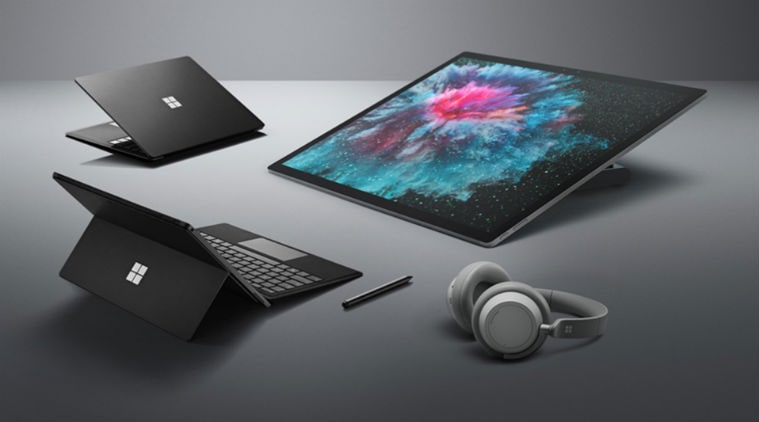Microsoft’s next Surface Pro could be powered by ARM-based chip: Report
Microsoft's next-generation Surface Pro and Surface Laptop may use chipsets from either AMD or Qualcomm.
 Like Apple, Microsoft is reportedly trying to move to reduce its dependency on Intel.
Like Apple, Microsoft is reportedly trying to move to reduce its dependency on Intel.
Microsoft’s next-generation Surface Pro and Surface Laptop may use chipsets from either AMD or Qualcomm. According to a report in Petri, Microsoft has developed prototype Surface Pro tablets and Surface Laptops that could come with AMD and Snapdragon chipsets.
The next Surface Pro model, likely to be called the Surface Pro 7, could launch later this year. The 2-in-1 will look exactly like the existing model, though it will support a USB Type-C port over the Surface Connector. Inside, however, a Surface Pro model will feature an ARM-based processor. Microsoft is reportedly working closely with Qualcomm on building a custom chipset called Excalibur that would be specifically optimised for Windows 10. A shift to a powerful Qualcomm chipset would bring a longer battery life and a built-in LTE.
It’s not that Microsoft is planning to abandon Intel altogether. Petri’s report suggests the Redmond-based tech giant will continue to launch Surface models with Intel processors. Intel has been the main supplier of chipsets for Surface devices for the past few years. Other than a Surface Pro, Microsoft is also considering to launch a Surface Laptop that would be powered by a 12nm AMD Picasso chipset.
Also read: Microsoft working on foldable Surface that will run Android apps: Report
Like Apple, Microsoft is reportedly trying to reduce its dependency on Intel. Sure, both Microsoft and Intel have a long relationship, sources have revealed Petri that the two companies are now on “shaky ground.” Microsoft’s deteriorating relationship with Intel is likely related to the chip maker’s delayed roadmap and lack of innovation in chip design.







